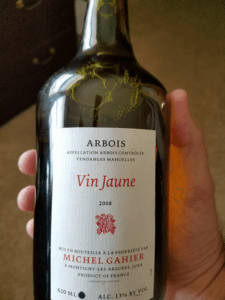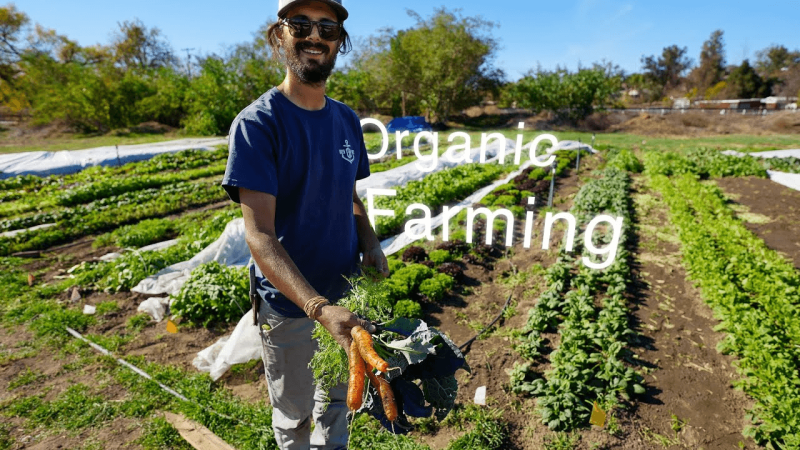
Prior to that it was a state where we had to hammer the legislature for 10 straight years to eliminate arbitrary exemptions from vaccines, because California schools on the coast had more unvaccinated kids than the rest of the US combined. Prior to that, they tried to ban modern agriculture, along with Happy Meals and Golf.
People ‘east of the 5’, as we say to note the demarcation line from Jenny McCarthy Acolytes to sane people who don’t think Whole Foods produce is grown without pesticides, got most anti-science efforts kicked to the curb at the state level, but one county did ban modern agriculture. In 2004, Mendocino banned GMOs.
Scientifically, it was weird. There is exactly one grape in the world that has not been genetically engineered in the last few hundred years. Everything else produced is a ‘GMO’ the way that anti-science hippies use it. Yet they weirdly even got that wrong.
GMO is a legal term, a specific process, and there are no GMO grapes. By banning GMOs, they were saying that products which don’t exist couldn’t be used, but if a grape was invented using Mutagenesis – literal chemical and radiation baths to force new mutations – it is certified organic.
They knew there were no GMO grapes, their voters were instead so dumb that they believed that if even GMO corn were grown in the county, it would magically transform from corn into grapes and create vineyards full of Frankengrapes. Even Tom Philpott at Mother Jones never wrote anything so stupid in support of organic food, and he really tried.
None of it made any scientific sense then or now. Molecular biologist Professor Maarten Chrispeels at the University of California San Diego goes into a brief history of how organic industry activists and the journalists at places like Mother Jones who promote alternative ag have deceived the public. They have consistently lied about using no pesticides (they use copper sulfate, which is just older and less effective, requiring far more of it), no genetic engineering (there are thousands of strains created using Mutagenesis and plenty are certified organic) and they lie claiming that they are more “natural” and sustainable.
Farming is not natural and never has been and if you want “sustainable”, using the process with the smallest environmental footprint per calorie, you need modern science – not thanking Gaia while you dump 600% more older pesticides on your plants.
Or you can engage in the same thinking that afflicts the super-majority on the coasts and which NPR lovingly virtue signals toward – that the modern world is killing us and organic food is the only medicine you need.
One thing has changed since Dr. Alex Berezow and I wrote “Science Left Behind” in 2012; Republicans have closed ground on Democrats as anti-vaxxers. But if you think organic food is more natural, healthier, or uses no pesticides, I still know how you vote.
Hank Campbell is the author of Science Left Behind and the founder of Science 2.0. Follow Hank on X @HankCampbell































